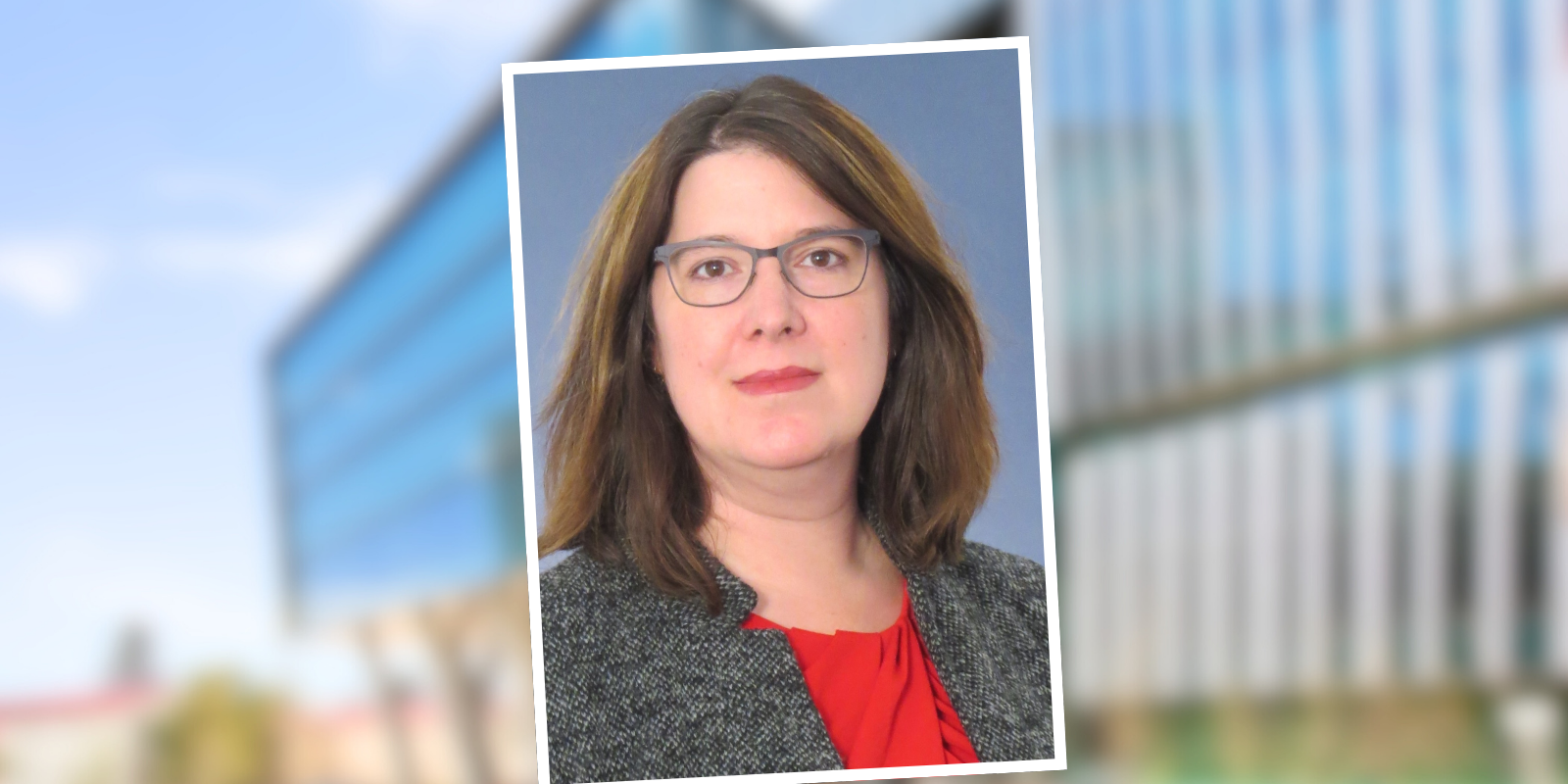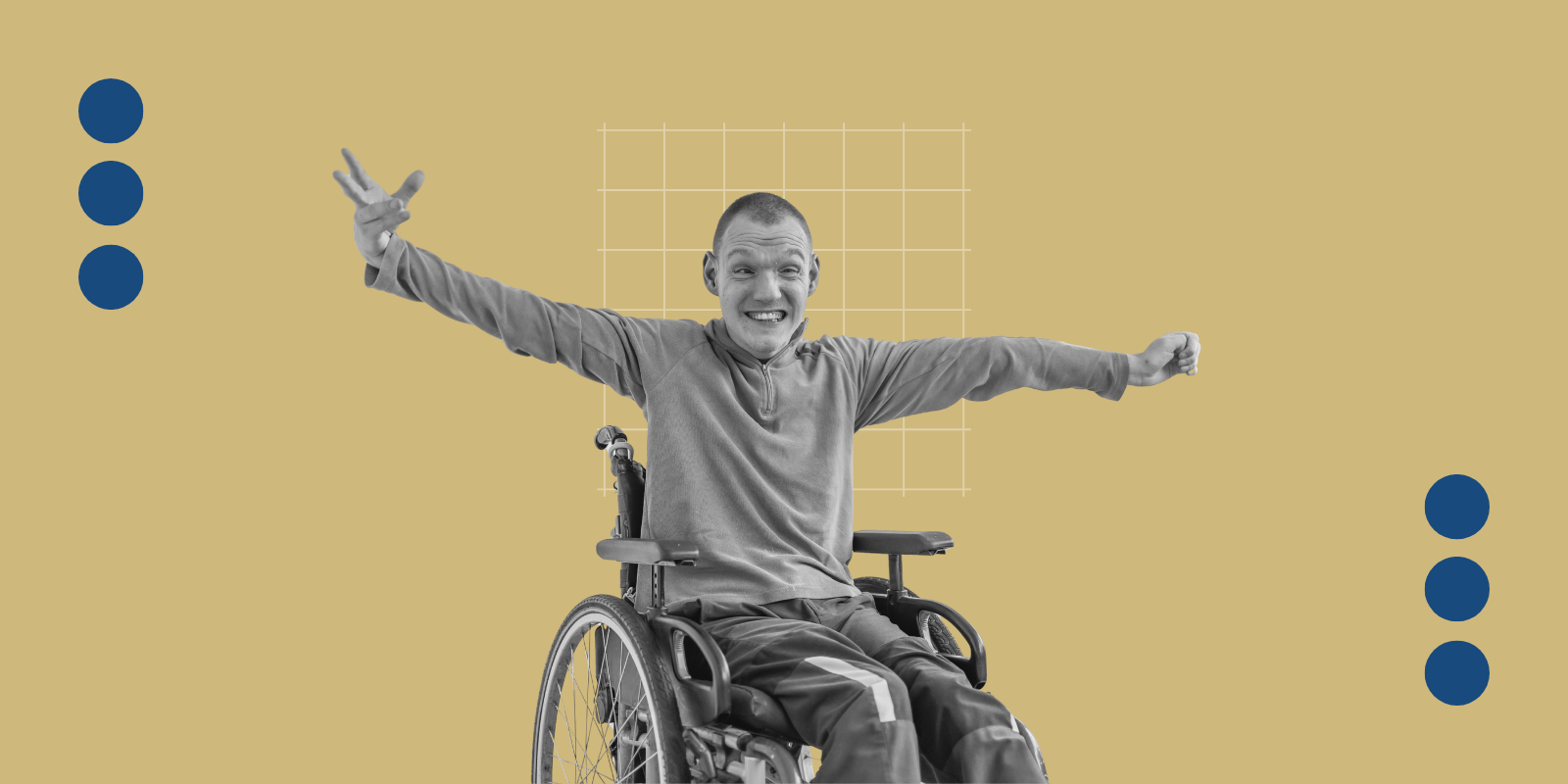Susan Moore, PhD, MSPH, research assistant professor of community and behavioral health and director of the Mobile Health (mHealth) and Informatics Core at ACCORDS, has leveraged her career in information technology to increase the use of mobile and digital health technology to deliver patient-centered care.
The fast-growing field of mHealth uses mobile and wireless devices to improve health outcomes, health care services, and health research. Researchers and clinicians utilize mobile applications, communications, sensors, and data to diagnose, treat, manage, and even prevent a variety of conditions.
“While doing network administration and technical support management for a boutique litigation firm, it struck me that instead of doing that in a corporate environment, bringing that kind of knowledge management and the power, control, and information to the fingertips could be very useful in health and health care,” Moore says.
Mobile Health advancements are helping to take research into practice at a quicker rate than ever before.
Overlapping resources for investigators
Moore also directs the mHealth Impact Lab at the Colorado School of Public Health and is the research program director for innovation through the Office of the Vice Chancellor for Research. She describes her roles as a Venn diagram with advancing quality health care at the heart of the work.
As research program director for innovation, her role focuses on digital health and working with industry partners to accelerate solution development into transforming use in practice. One current partnership example is with Roche, whose Health Technology Evaluation Network (H10) is an industry-sponsored global initiative on how to better use technology in health care by identifying what needs to be developed and how it should be integrated in practice. CU was the first U.S. member of the H10 network.
Pairing innovation with academic expertise that brings scientific knowledge and methodological rigor results in a combination that is critically important to supporting translational research, new methods, and technology development, adoption and use. The Mobile Health and Informatics Core at ACCORDS assists both new and experienced investigators who are developing new grants and new research approaches involving technologies.
In addition, the mHealth Impact Lab provides a service and infrastructure component. The lab offers programming, server and software development resources, along with co-design and prototyping of solutions that can be taken to funders and evaluation and testing for new or existing technologies.
“The roles intersect for better and more effective use of health information technologies, mobile and digital health technologies for health promotion, disease prevention, improving health care and quality and service delivery and clinical practice in a variety of ways,” Moore says.
mHealth in practice
Moore describes her work as “condition agnostic.”
“It's not the disease that matters so much as how can we use the appropriate digital health tool to improve the solution,” Moore says. “Whether that's creating something new, or finding something that exists, or integrating something into a workflow in a different way. We can help others explore theoretical foundations, frameworks, models, theories and methods to do that better.”
Through a grant from the National Cancer Institute (NCI), investigators Ben Brewer, PsyD, associate professor of medicine and William Redd, PhD, professor at Mt. Sinai, will work with Moore to train 600 clinicians nationwide to effectively use technology to work with and care for their patients living with cancer.
A pilot research at UCHealth’s Westminster clinic with Marisa Kostiuk, PhD, assistant professor of family medicine, uses chatbots to interact with patients to provide education and support for those who may be experiencing diabetes distress. This can help them get more appropriate support and referral to behavioral care through consults integrated into the system.
Moore is also part of a pragmatic trial in partnership with National Jewish Health and State Networks of Colorado Ambulatory Practices & Partners (SNOCAP) to use digital health solution as an alternative method of support to help people taper off hypnotic medications for insomnia. This allows primary care clinicians to have the support that they need to engage their patients in these conversations, do the tapering protocol, and offer them an alternative to the medications.
“That's part of the joy of this work, technology is a tool to aid in all of these different ways,” Moore says.
Keeping up with technology
It can be difficult to keep up with fast-changing technology, knowing what options are available to researchers and how best to implement it. To support investigators, Moore is working with the ACCORDS Education Program to host the Emerging Topics in Digital Health and Applied Clinical Informatics Seminar Series.
The series will continue into the spring with a focus on applied clinical informatics, which is how you use technology in practice. Moore wants attendees to understand that there are options for using informatics in research and practice that don't require you to have a degree in computer science.
“We want to give people the information and knowledge that they can translate into action, as well as the tools and methods,” Moore says. “We’re looking at not only what's emerging, but also what's been developed, that people can use to support their research and how to apply it in a clinical context.”



